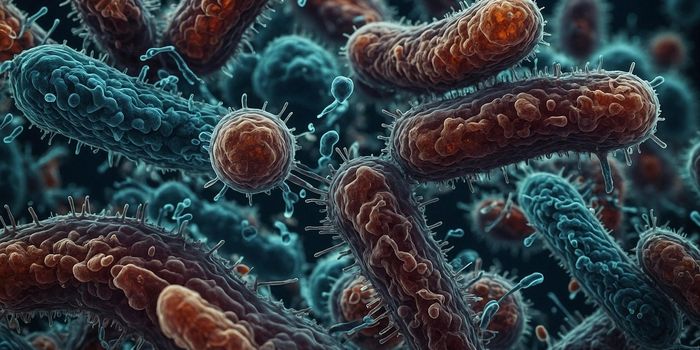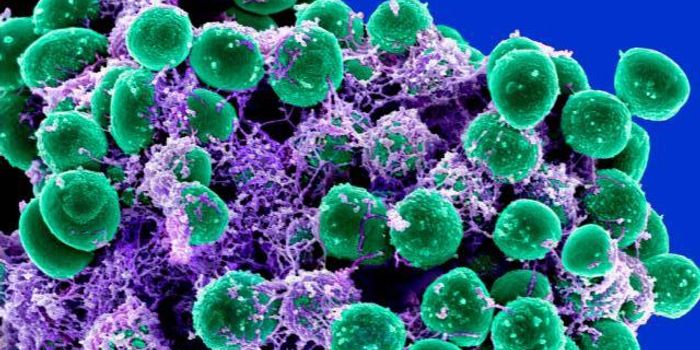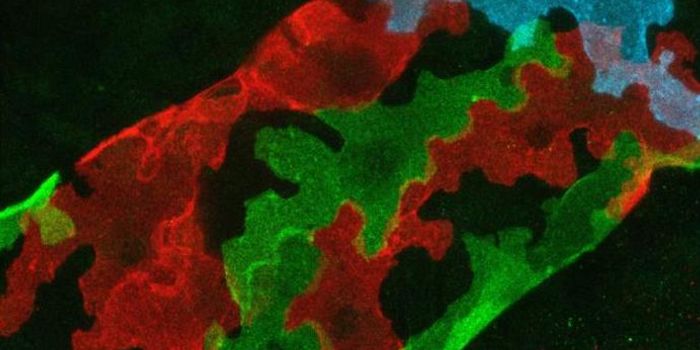An organism is dependent on the replenishment and maintenance of cellular proteins in order to survive. One family of proteins, chaperones, is responsible for protein quality control in a cell and aids in the folding of proteins into their proper three-dimensional structure. As organisms age, that ability is among those that degenerate, the result is a buildup of proteins of low quality – those that are damaged or misfolded and can cause cellular dysfunction and death. The accumulation of dysfunctional proteins, and a decline in the quality of proteins is seen as a hallmark of aging has been linked to neurodegenerative disorders like Huntington’s, Parkinson’s and Alzheimer’s diseases.

Human pluripotent stem cells have the unique ability to continue to replicate, while remain undifferentiated – open to become any cell type and not specified to a certain type of cell. They are thus immortal, and while in that state, they are able to maintain critical balances in their protein content. That makes them a prime candidate for the investigation of how protein maintenance melds with aging.
Reporting in Nature Communications, researchers analyzed the mechanisms of global protein level maintenance in stem cells. "There is one chaperone system, the TRiC/CCT-complex that is responsible for folding about 10% of all the cellular proteins. By studying how pluripotent stem cells maintain the quality of their proteome, we found that this complex is regulated by the subunit CCT8," said the senior author of the study, David Vilchez.
That data enabled them to investigate the mechanism in a live organism – the roundworm. "Then, we discovered a way to increase the assembly and activity of the TRiC/CCT complex in somatic tissues by modulating this single subunit, CCT8. The increase resulted in prolonged lifespan and delay of age-related diseases of the model organism Caenorhabditis elegans," Vilchez explained.
"For this study we combined the results from human pluripotent stem cells and C. elegans, to have both in vitro and in vivo models, providing a more convincing approach. Our results show that expressing CCT8 as the key subunit of the complex is sufficient to boost the assembly of the whole system," said study first author Alireza Noormohammadi.
"It is very interesting that expressing this single subunit is enough to enhance protein quality and extend longevity, even in older animals," added Amirabbas Khodakarami, another study author.
"One of our next steps will be to test our findings in mice," said Vilchez. "We hope to make further progress in understanding aging diseases and to get closer to finding therapies against diseases like Huntington's or Alzheimer's. CCT8 could be a candidate to correct deficiencies in age-related diseases associated with protein dysfunctions."
If you want to know more about misfolded proteins and their impact on human health, check out the short video above from the Penn Institute on Aging.
Sources:
Phys.org via
University of Cologne,
Genes & Development,
Nature Communications









